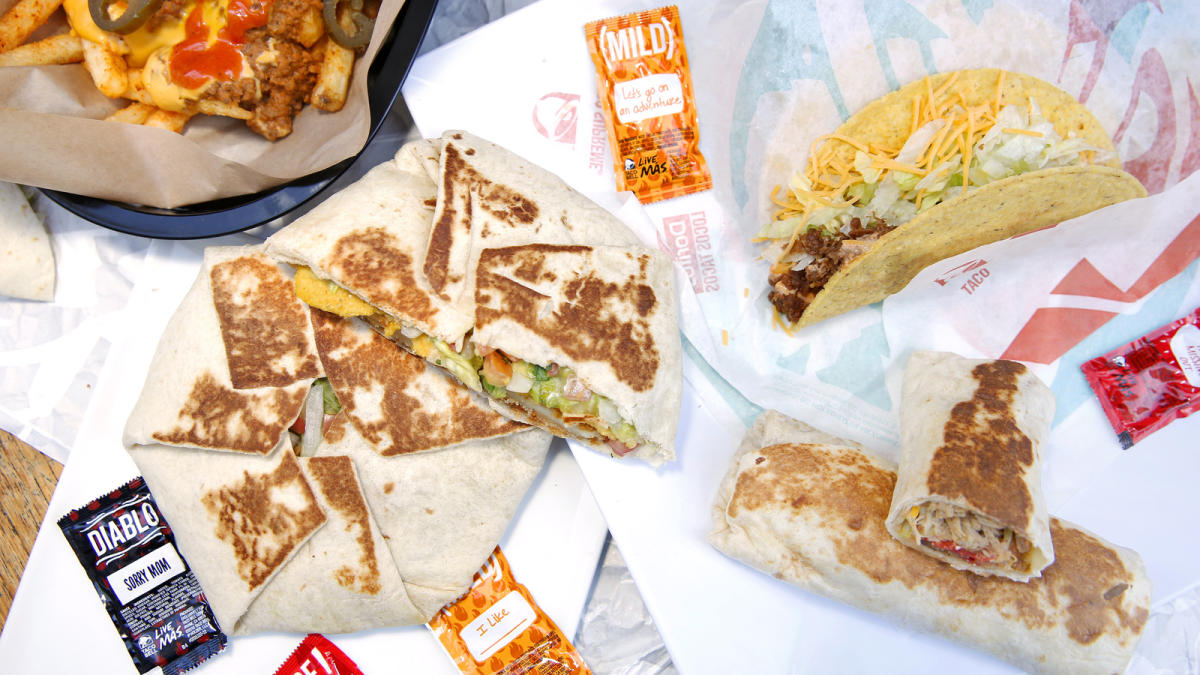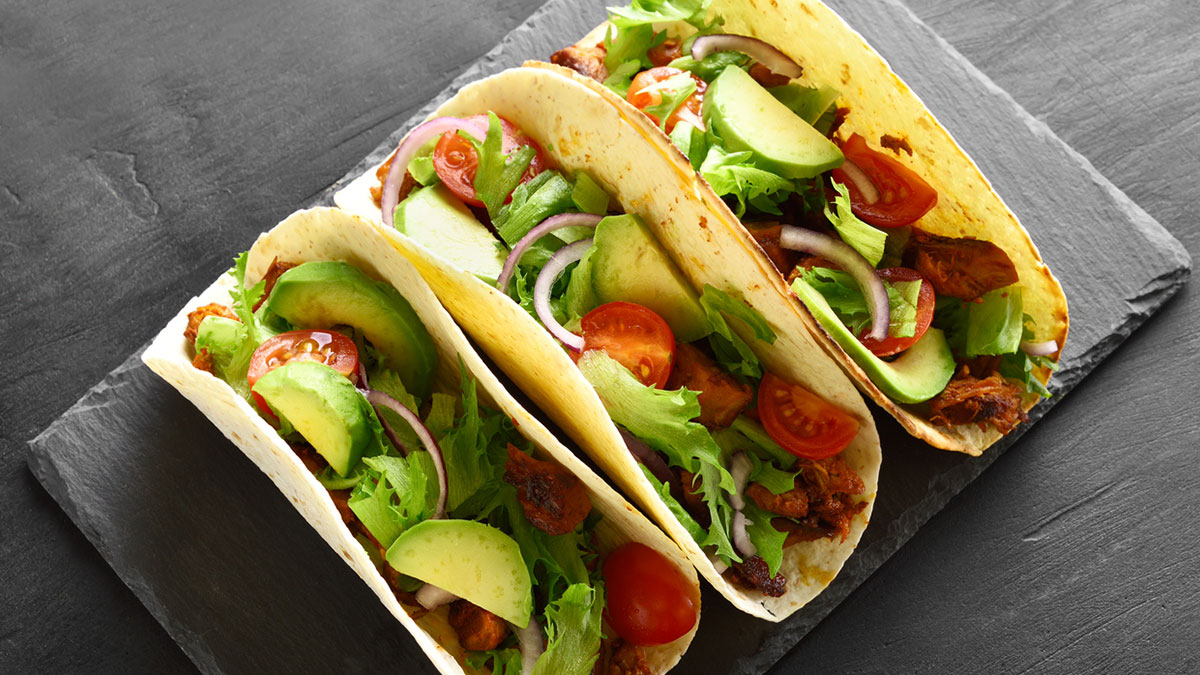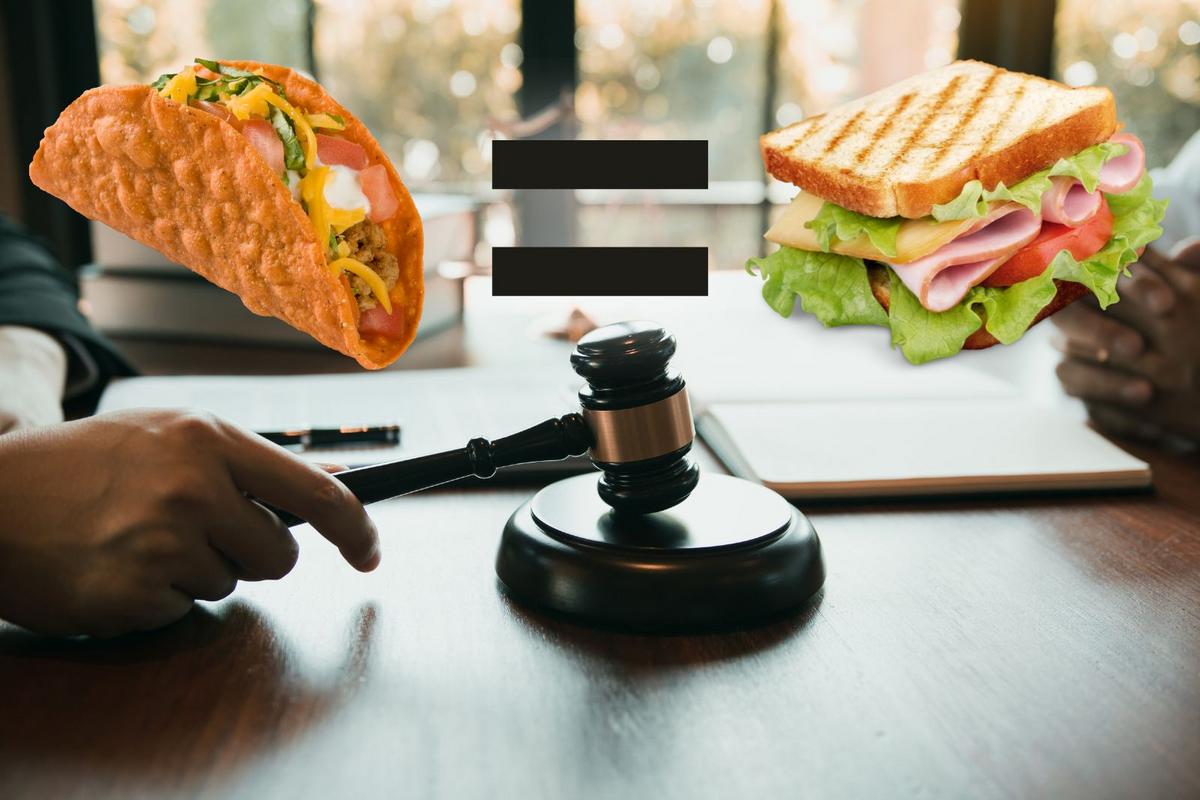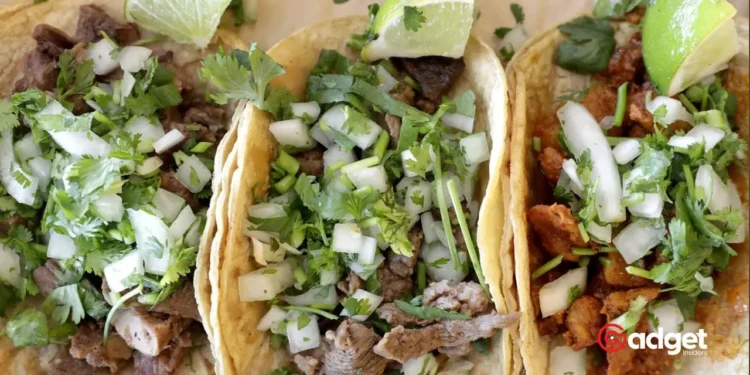In a ruling that’s as flavorful as the dishes it discusses, an Indiana judge has finally settled a simmering dispute, declaring that yes, in a legal sense, tacos and burritos can indeed be classified as sandwiches. This culinary conundrum emerged from a zoning dispute involving a local eatery, Famous Taco, which has broader implications for what constitutes a sandwich in the diverse landscape of American dining.

Culinary Controversy Served Hot
The debate began in 2019 when Martin Quintana, proprietor of the Famous Taco in Fort Wayne, sought to rezone his property from a residential to a limited commercial space. The catch? The Fort Wayne Plan Commission required the establishment to operate as a “sandwich bar-style” facility, a designation traditionally reserved for places selling what most would consider typical sandwiches—think subs, hoagies, and paninis.

Quintana’s establishment, serving a mouth-watering array of made-to-order burritos, tacos, and more, found itself at the heart of a gastronomic puzzle: Are tacos sandwiches? According to the court documents, “It kind of became an argument of… is a taco a sandwich or not. So, we thought it’s easier to agree that it fits within the character and scope of what we had anticipated. And so we have an amendment,” representatives for Quintana elaborated.
Indiana Judge: Tacos and Burritos Deemed Sandwiches
After years of legal back-and-forth, Indiana Judge Craig Bobay of the Allen Superior Court delivered a verdict as satisfying as a well-stuffed taco. He proclaimed that the offerings of Famous Taco met the criteria of the original agreement, which did not limit the definition of a sandwich to American-style concoctions alone.
“The Court agrees with Quintana that tacos and burritos are Mexican style-sandwiches, and the original written agreement does not restrict potential restaurants to only American cuisine-styled sandwiches,” the decision read, illustrating a broad and inclusive approach to culinary classification.

A Recipe for Culinary Diversity
Indiana Judge ruling didn’t just clarify the status of tacos and burritos; it opened the door for other culturally distinct foods to be recognized under similar terms. “The original written commitment would also permit a restaurant that serves made-to-order Greek gyros, Indian naan wraps, or Vietnamese banh mi if these restaurants complied with the other enumerated conditions,” he stated, setting a precedent that appreciates the rich mosaic of global cuisines.
This decision is more than a local zoning matter. It reflects a larger trend of recognizing and celebrating the diversity of global culinary traditions in a framework that has traditionally been dominated by Western definitions. Whether or not one agrees that a taco is a sandwich, this ruling underscores the importance of adaptability and inclusiveness in regulatory practices, ensuring that all forms of culinary art have their place at the table of commercial success.
In a world where food is as much about culture as it is about sustenance, rulings like these remind us of the ongoing dialogue between tradition and innovation. As American palates become increasingly global, perhaps the definition of what makes a sandwich might just be the appetizer in a larger feast of culinary redefinition.









